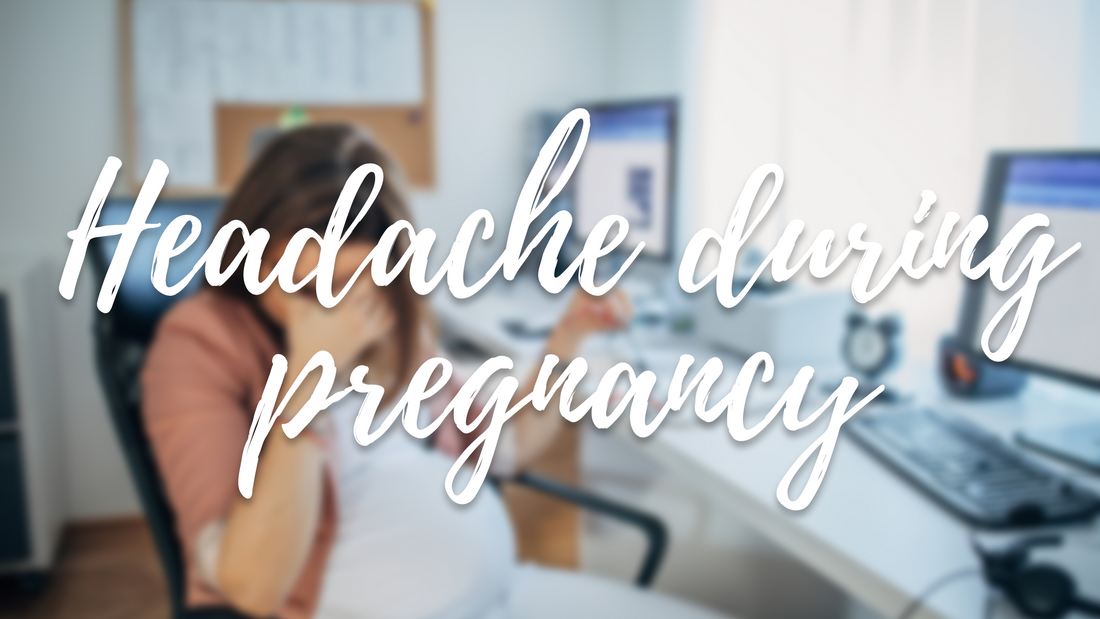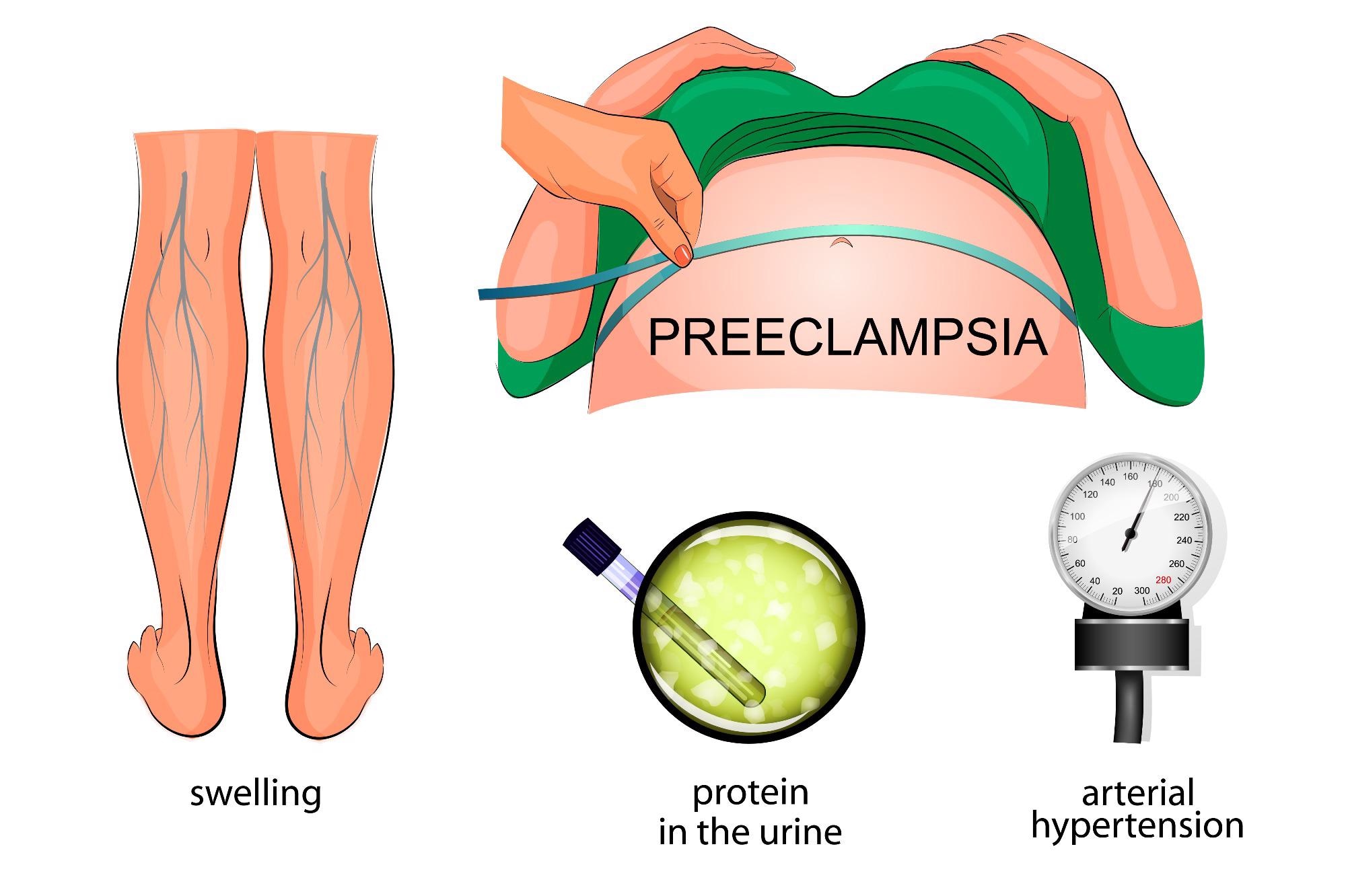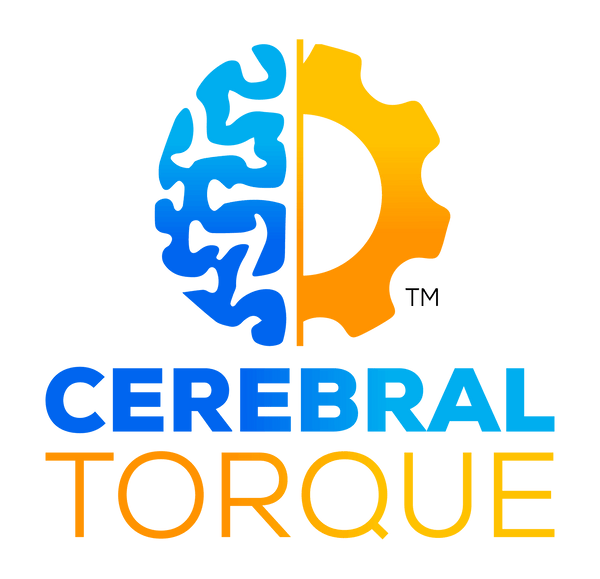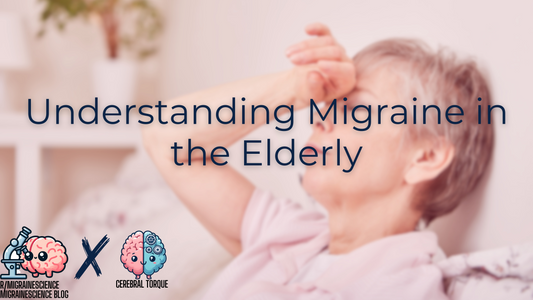
New Headache in Pregnancy: Ruling out Preeclampsia, Eclampsia, and Cerebral Venous Sinus Thrombosis (CVST)
Cerebral TorqueShare
Pregnancy is an exciting time for expectant mothers, but it also produces a host of physiological and, possibly, dangerous pathological changes. One common concern in pregnancy is headaches, which can be a sign of serious conditions like preeclampsia, eclampsia, and cerebral venous sinus thrombosis (CVST). Understanding these conditions and knowing that they must be ruled out if there is a new headache during pregnancy is an important step towards a healthy pregnancy.
What is Preeclampsia?
Preeclampsia is a condition that affects pregnant women, typically after the 20th week of pregnancy. If left untreated, preeclampsia can lead to serious complications for both the mother and the baby.
Preeclampsia Diagnostic criteria from American College of Obstetricians and Gynecologists (ACOG) requires both
-
hypertension, requiring either of the following:
- systolic blood pressure ≥ 140 mm Hg and/or diastolic blood pressure ≥ 90 mm Hg on 2 occasions ≥ 4 hours apart after 20 weeks gestation in a patient with previously normal blood pressure
- systolic blood pressure ≥ 160 mm Hg and/or diastolic blood pressure ≥ 110 mm Hg
-
proteinuria, requiring any of the following:
- ≥ 300 mg per 24 hour urine collection
- protein/creatinine ratio ≥ 0.3
- dipstick reading of 2+ (should only be used if other quantitative methods are not available)
-
if no proteinuria, diagnosis requires new-onset hypertension with new onset of ≥ 1 severe feature(s)
Severe features of preeclampsia include:
- thrombocytopenia (platelet count < 100 x 109/L)
- impaired liver function (elevated serum liver transaminases to twice normal concentration)
- renal insufficiency (serum creatinine > 1.1 mg/dL or doubling of serum creatinine in patient without other renal disease)
- pulmonary edema
- new-onset headache unresponsive to medication and not accounted for by other diagnoses
- visual disturbances

Image Credit: Artemida-psy/Shutterstock.com
It is also important to note that preeclampsia can be superimposed on chronic hypertension- that is hypertension that occurred before pregnancy or was noted before 20 weeks gestation.
What is Eclampsia?
Eclampsia is a more severe form of preeclampsia, and it can be life-threatening for both the mother and the baby. It is characterized by seizures in a female with preeclampsia (see diagnostic criteria above). The diagnostic criteria for eclampsia are: Preeclampsia + seizure + exclusion of other neurologic conditions.
It is important to diagnose eclampsia promptly and to provide appropriate management, as it can lead to significant maternal and fetal morbidity and mortality.
What is CVST?
Cerebral venous sinus thrombosis (CVST) is a rare condition that can occur during pregnancy. It is characterized by blood clots in the veins that drain blood from the brain, which can lead to headaches, vision changes, and even stroke. CVST is a serious condition that can be life-threatening if not treated promptly.
How to Rule Out Preeclampsia, Eclampsia, and CVST
To rule out these conditions, it is important to seek medical attention if you experience any symptoms, such as severe headaches, sudden weight gain, or seizures, during pregnancy.
Frequently Asked Questions
Is it normal to have headaches during pregnancy?
A: Mild headaches are common during pregnancy, but severe or persistent headaches can be a sign of a serious condition like preeclampsia, eclampsia, or CVST. If you experience any symptoms, it is important to seek medical attention.
Can preeclampsia be treated?
A: Yes, preeclampsia can be treated, but the only cure is delivery of the baby. If you are diagnosed with preeclampsia, your doctor may recommend bed rest, medication, or early delivery, depending on the severity of the condition.
Is CVST dangerous during pregnancy?
A: Yes, CVST is a serious condition that can be life-threatening if not treated promptly. It is important to seek medical attention if you experience symptoms like severe headaches or vision changes during pregnancy.


